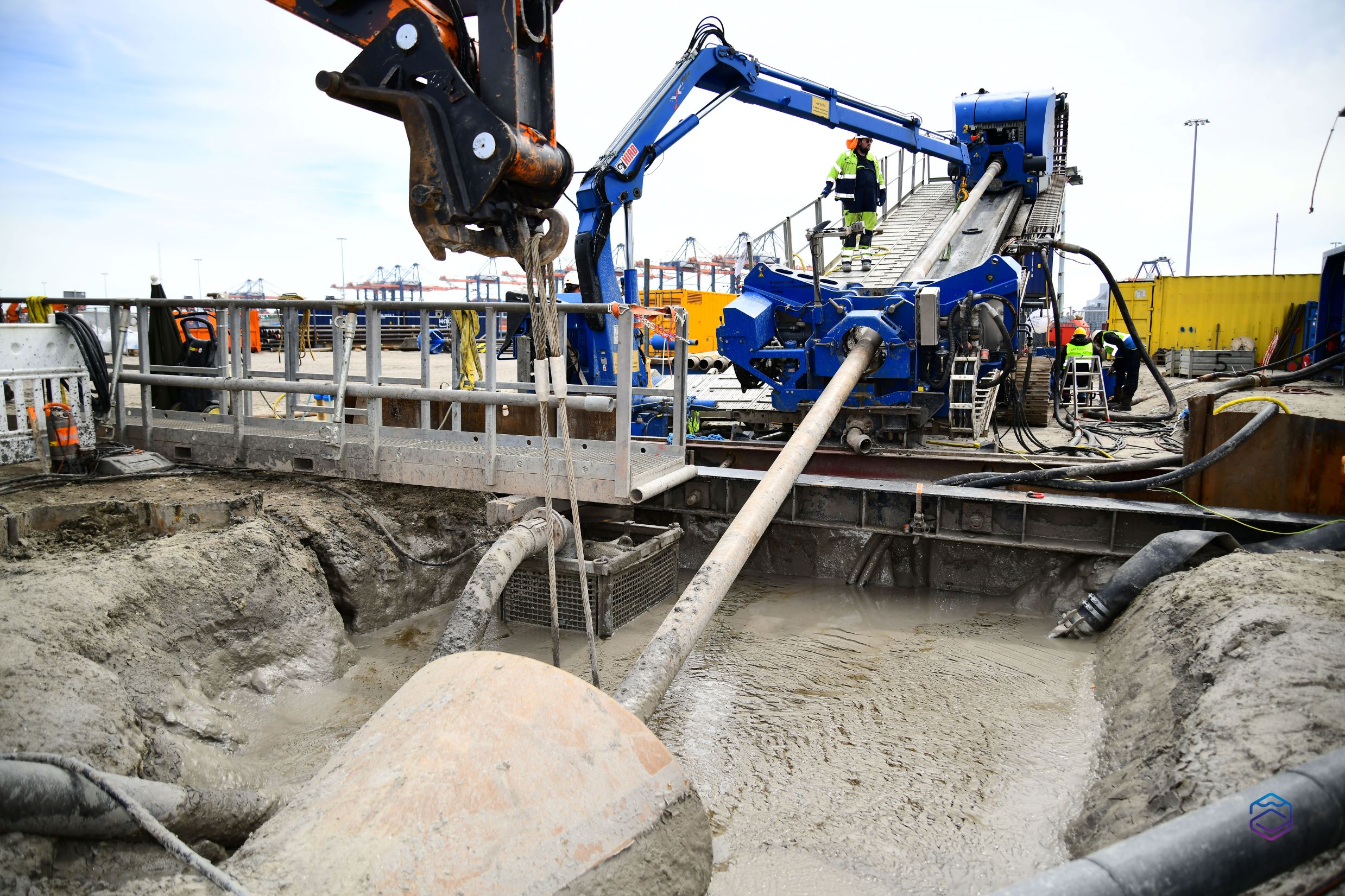Thus states a recommendation directed at research financier NWO (Dutch Research Council) and KNAW (Royal Netherlands Academy of Sciences). The NWO and KNAW boards commissioned the advice and embrace the recommendations, a press release states. This could mean a partial change of course in research funding.
Some 100 million euros per year are needed to enable science to more effectively contribute to the transition towards a climate-neutral society in 2050, the authors of the report state. Thus, allowing researchers to compete for funding is not a good idea.
Prevention
‘We can still prevent the most devastating irreversible effects of climate change’, says chair Heleen de Coninck in the press release. She is a professor of Innovation Studies at the TU Eindhoven and is also affiliated with the Radboud University in Nijmegen. ‘But this can only be achieved if scientists and the relevant societal actors collaborate intensively towards system transitions.’
This includes, for example, agriculture, urban development, transportation and food supply. Less meat, no concrete, no privately owned cars and more… how can this be achieved? This requires much research, the advice states. The document calls for a Netherlands Climate Research Initiative (Dutch acronym KIN) that could manage a 100-million-euro budget. Approximately half the budget is earmarked for research on systems change. Some 30 million is to be spent on international research, in collaboration with developing nations, for example.
Researchers should not have to compete amongst themselves for the money
The report states that researchers should not have to compete amongst themselves for the money. This type of competition between scientists may benefit the research quality but has a decelerating effect because all sorts of sorely needed projects may not be funded.
Urgency
De Coninck: ‘The KIN must serve society and deliver results much more rapidly to remain relevant. That requires different skills from the researchers.’ The societal impact must trump publications in prestigious journals. ‘The urgency of climate change does not allow us the luxury of time for perfecting the selection of research’, the authors state.
HOP, Bas Belleman

 Some 100 million euros per year are needed to enable science to more effectively contribute to the transition towards a climate-neutral society in 2050, the report states. Photo Shutterstock
Some 100 million euros per year are needed to enable science to more effectively contribute to the transition towards a climate-neutral society in 2050, the report states. Photo Shutterstock 

